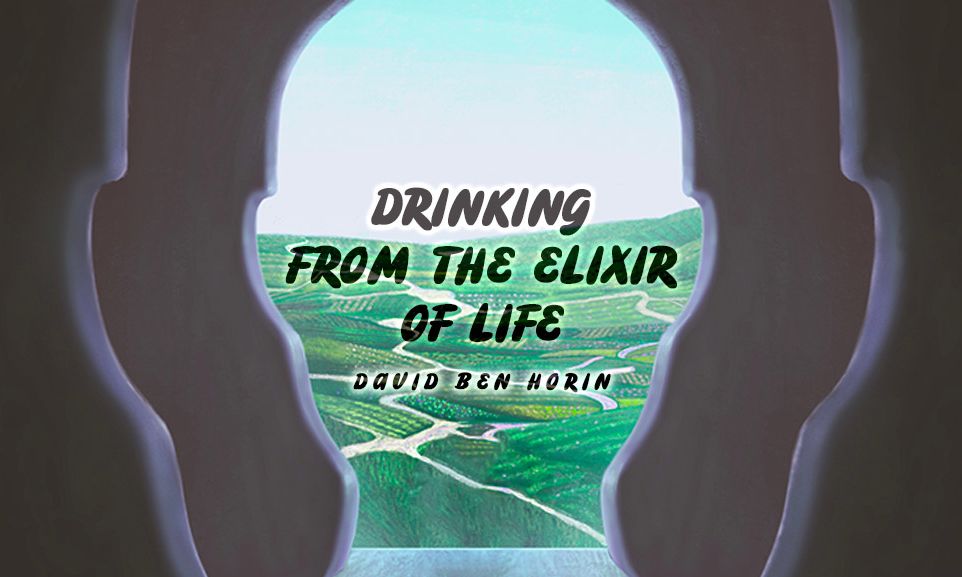
Drinking From the Elixir of Life
Shem, Noach’s son, pursued doing what is right in Hashem’s eyes. As a result of building a relationship with the Eternal, death is not mentioned when describing Shem’s descendants. What’s the lesson for us today?

The wicked, even in their lifetime, are called dead. The righteous, even in their death, are called living. Rashi on Bereishit 11:32
The first two Torah portions chronicle the generations of man. The first, Bereishit, starts with Adam, the first man, and describes the lives of every major figure in his generation up to Noach.
The Torah writes about them using the same formula: They are born, they beget sons and daughters, they live, and then they die.
Parshat Noach, which comes next, is a little different. Here, we start with Noach and go generation by generation to Avraham.
The formula changes with Noah’s son, Shem. A man lives, he begets sons and daughters, then he continues to live. Nothing is said of his death.
Why leave this out?
The Eternal Gem of Life
Shem was a righteous man. His descendants were known as the Bnei Ivri, or Hebrews. What exactly does that mean? Ivri comes from the word ever, which means “other side”.
On the surface, it means that Shem lived on the other side of the river Euphrates, in Eretz Yisrael. Dig a little deeper and you uncover the eternal gem of life.
For 1,656 years, man pursued physical pleasure. All we hear about is robbery, murder, and the pursuit of lust. Noach found favor in Hashem’s eyes. He made an offering to Hashem when he left the ark.
Shem is credited with preserving Noach’s honor by not uncovering him in his state of vulnerability.
Shem pursued God. He went against the grain of mankind by doing what was right in God’s eyes. He pursued righteousness. He pursued the spiritual over the material and the physical.
He is the father of the ten generations that lead to Avraham.
To this day, the term “antisemitism” is known by billions of people. Where does that term come from? We are the children of Shem. An anti-Semite is someone who hates Shem and his children – anti-Semite.
What Brings Eternity
What can we imply from the likes of Kayne West, the Soviets, and today’s rabidly anti-Israel progressives? They hate us for being the true descendants of Shem: People who pursue the pleasures of the spirit over the delicacies of the body.
To this day, the descendants of Noach’s other sons, Jafet (Persia / Greece / Rome / Europe / Russia / America) and Cham (Egypt / Canaan / China), are drowning us in the things they love most: material and physical pleasure in all forms and flavors.
We are the children of Avraham and the descendants of Shem. We bear the torch of the people who first went against the grain of the world to serve God.
Even before Avraham is born, the Torah tells us the reward for serving Hashem through His commandments:
We live.
God makes this very clear that in the first ten generations of man, at the end of their pleasure-seeking lives – everyone died.
The exceptions were Shem and his descendants. They were righteous. They did righteous deeds, the mitzvot, all their lives. God does not mention their death. They kept on living.
They connected with the Eternal by strengthening their neshama (soul), that part of them which is an eternal part of God.
Every mitzvah is a piece of eternity. From the first day of creation to the last, the Torah is the antidote to death.
***
David Ben Horin lives in Afula with his family, a high-tech center, millions of sunflowers, and Matilda, the local camel. David’s Israeli startup, Center Stage Content, makes your business the star of the show by creating SEO optimized, ROI driven, easy to understand content.


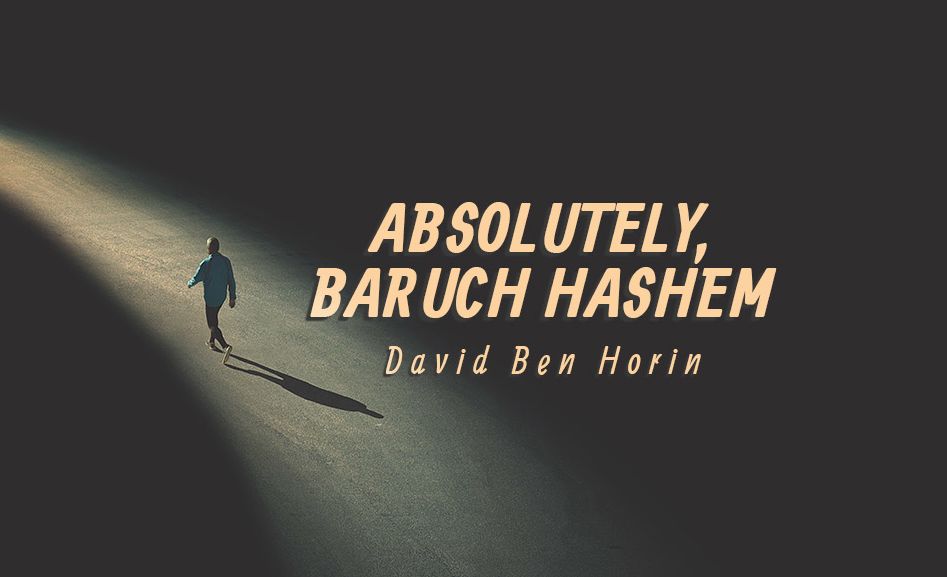



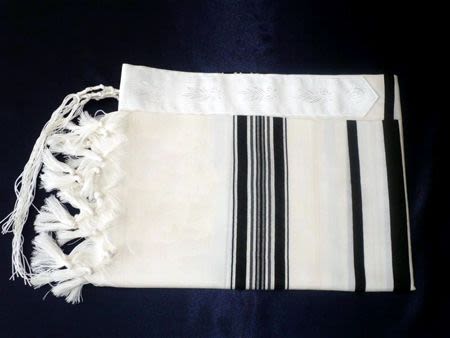
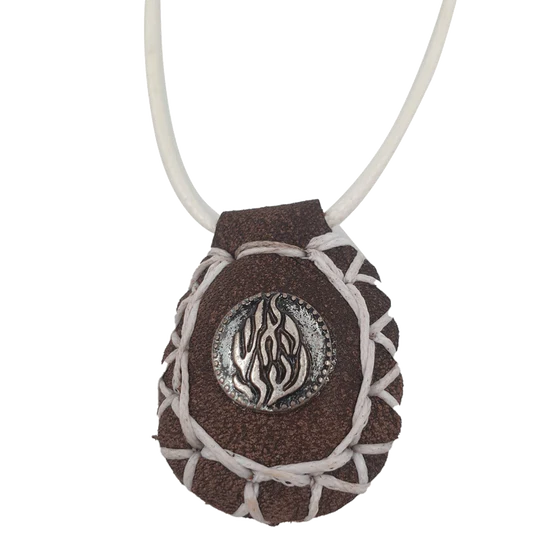
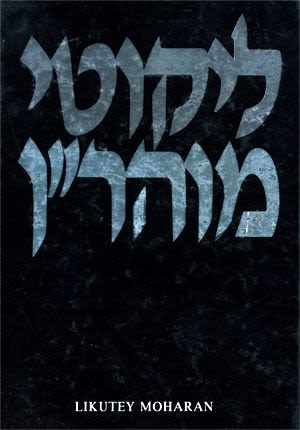

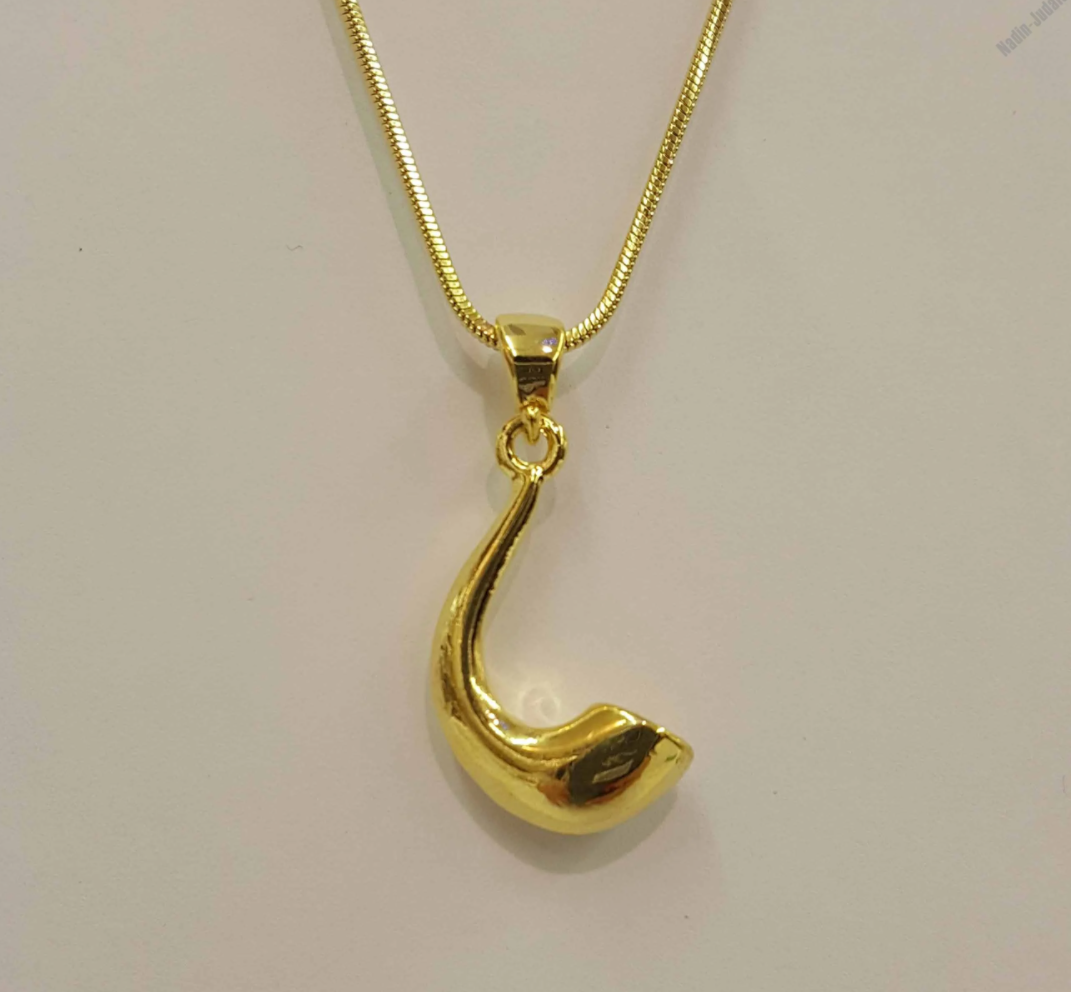
Tell us what you think!
Thank you for your comment!
It will be published after approval by the Editor.